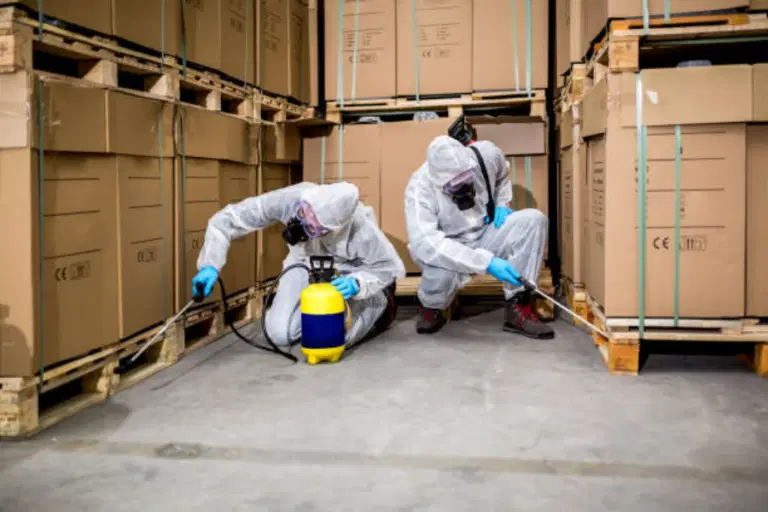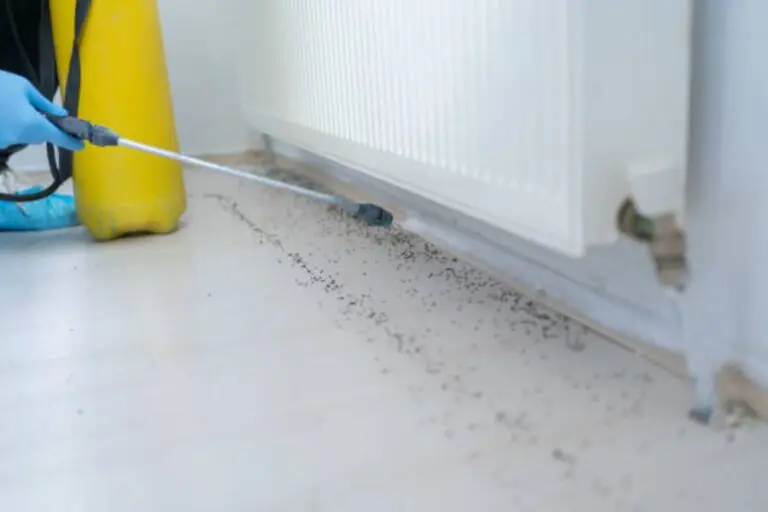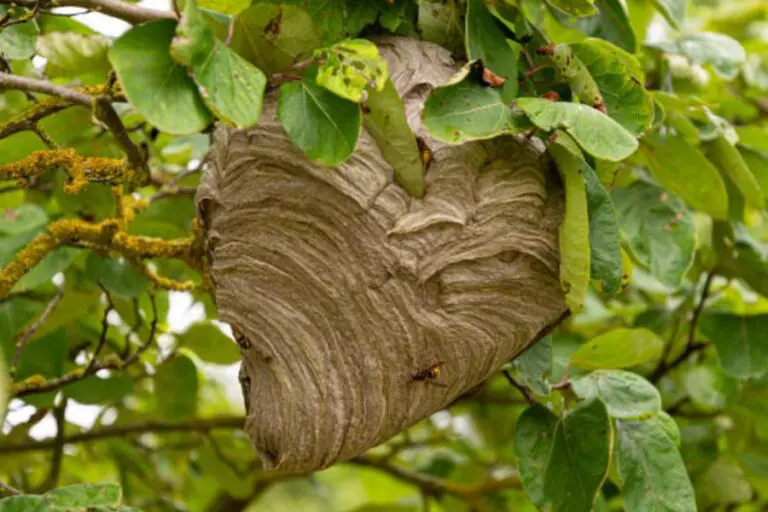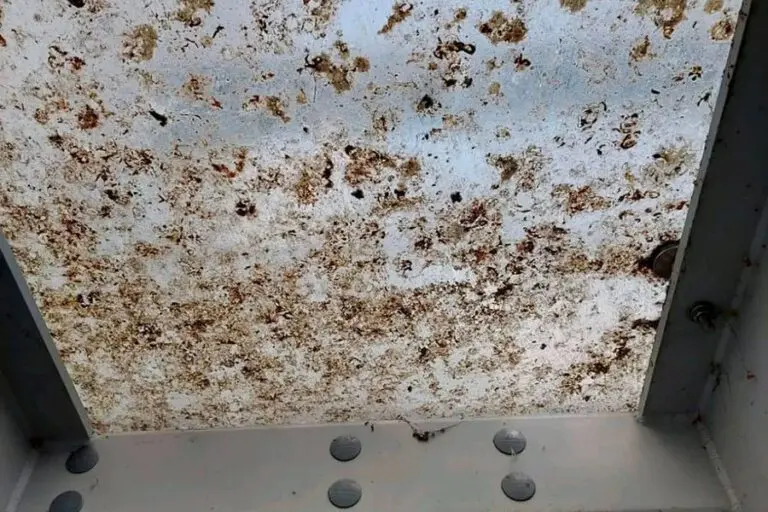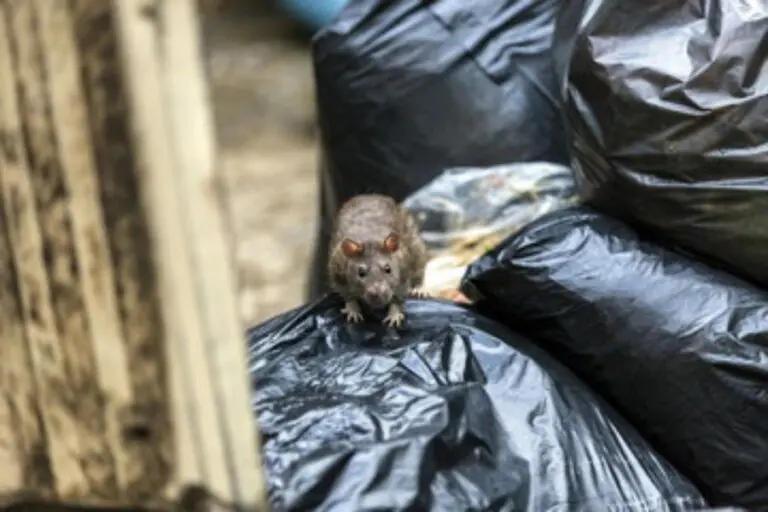Effective Fly Control in Hospitality: A Guide by GoKill
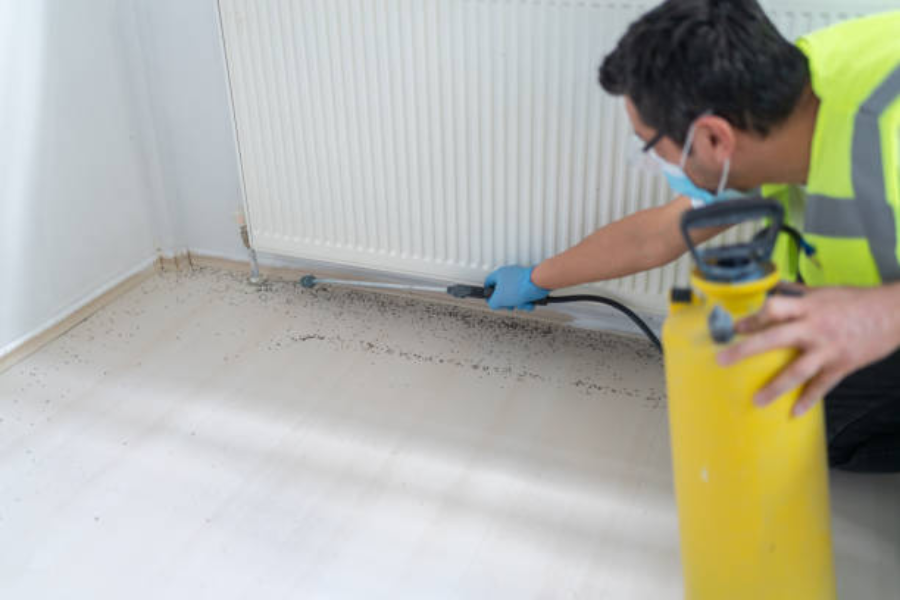
Maintaining a clean and pest-free environment remains a priority in the hospitality industry. Fly infestations disrupt business operations and pose significant health risks to guests and staff. Due to the high standards expected in hospitality, proactive fly control measures must be implemented to ensure compliance with hygiene regulations.
The Importance of Fly Control in Hospitality
Flies are commonly encountered in hospitality settings, particularly where food is prepared, served, or disposed of. These pests carry bacteria and pathogens that can contaminate food, resulting in serious health concerns. The presence of flies in hospitality establishments often raises red flags for customers, potentially damaging a business’s reputation.
Health regulations within the hospitality industry strictly mandate pest control practices, making it essential for hotels, restaurants, and other hospitality businesses to adopt a structured approach to fly management. Partnering with a professional pest control provider, such as GoKill, ensures that a fly control strategy is effective and compliant with industry standards.
Common Causes of Fly Infestations in Hospitality
Fly infestations occur when environmental conditions become conducive to breeding. Several factors within hospitality premises contribute to fly activity:
• Improper Waste Disposal: Organic waste, food scraps, and unsealed bins create ideal conditions for flies to thrive. If waste is not managed efficiently, infestations can develop rapidly.
• Standing Water and Drainage Issues: Damp areas, leaking pipes, and clogged drains provide a breeding ground for flies, mainly drain flies.
• Unsealed Entry Points: Open doors, windows without screens, and structural gaps allow flies to enter hospitality premises quickly.
• Food Storage and Handling Practices: Improperly stored food and poorly cleaned preparation areas attract flies, increasing the risk of contamination.
Preventative Fly Control Measures in Hospitality
To mitigate fly infestations in hospitality environments, a combination of preventative and reactive measures should be implemented. GoKill offers specialised solutions to control flies while maintaining industry compliance.
Maintaining Cleanliness and Hygiene
In hospitality establishments, stringent hygiene practices are the first defence against flies. Regular cleaning schedules must be maintained to eliminate breeding sites. Key areas requiring attention include:
• Kitchen surfaces, sinks, and floors, where food debris accumulates.
• Storage areas where perishable items are kept.
• Garbage disposal units and waste bins should always remain covered and emptied regularly.
GoKill’s fly control specialists conduct site inspections to identify hygiene-related risk factors and ensure that potential breeding grounds are addressed effectively.
Effective Waste Management
Proper waste disposal methods significantly reduce fly activity in hospitality settings. Organic waste attracts flies quickly, making it crucial for hospitality businesses to implement strict waste-handling procedures. Recommendations include:
• Using sealed, airtight bins for food waste.
• Regularly emptying bins to prevent odour build-up.
• Placing outdoor dumpsters away from entrances and ensuring lids remain closed.
Fly-repellent treatments can also be applied around waste disposal areas to further deter fly activity. GoKill’s targeted fly prevention solutions assist in maintaining a pest-free environment.
Physical Barriers and Exclusion Techniques
Exclusion methods must be implemented to minimise the risk of flies entering hospitality premises. Fly-proofing techniques include:
• Installing fine mesh screens on windows and doors.
• Using air curtains at entry points to deter flying pests.
• Sealing cracks, gaps, and utility entry points that may serve as fly entryways.
GoKill provides customised fly-proofing strategies to hospitality clients, ensuring that entry points remain secured against infestations.
Advanced Fly Control Solutions
Modern hospitality businesses rely on discreet yet effective fly control solutions. Innovative pest control technology, such as GoKill’s insect light traps, offers a non-invasive way to manage fly populations. These units attract and capture flies using energy-efficient LED technology.
Additionally, targeted insecticide applications can reduce fly populations in high-risk areas. GoKill’s trained technicians apply treatments in compliance with industry regulations, ensuring guest safety while maintaining a fly-free hospitality environment.
Structural Maintenance and Prevention
Hospitality premises require continuous monitoring to prevent structural vulnerabilities that contribute to infestations. Structural maintenance recommendations include:
• Repairing leaking pipes and addressing moisture-related issues.
• Ensuring that drains are free of organic build-up.
• Blocking potential nesting areas, such as wall voids and roof spaces.
GoKill’s expert pest control team assesses hospitality establishments for structural weaknesses and provides tailored recommendations to mitigate long-term fly problems.
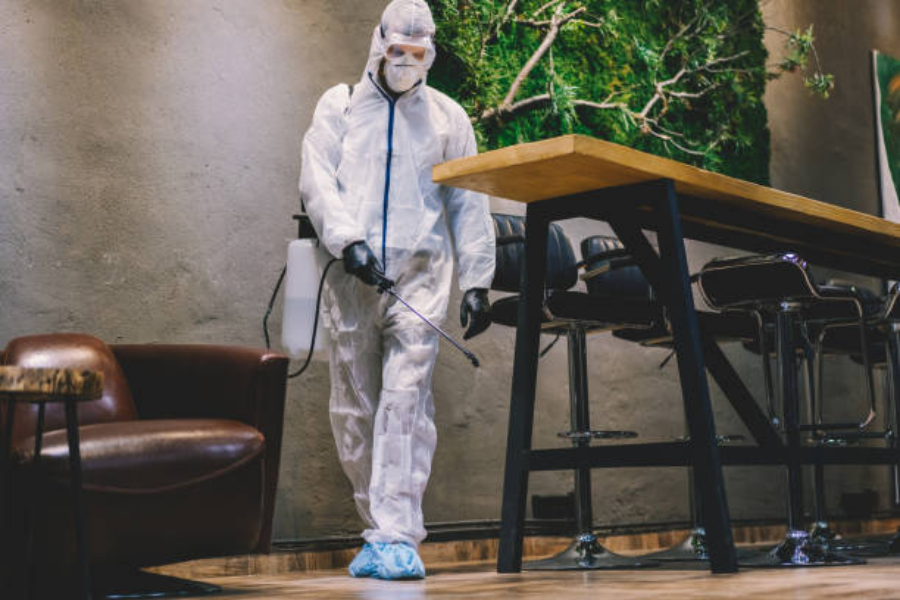
Why Hospitality Businesses Trust GoKill for Fly Control
With years of experience in the pest control industry, GoKill specialises in providing tailored fly management solutions for hospitality establishments. Through advanced technology, preventative strategies, and professional expertise, GoKill ensures that hotels, restaurants, and other hospitality businesses remain free from fly infestations.
Hospitality environments require consistent pest control measures to uphold high cleanliness standards. By implementing a proactive fly control strategy with GoKill, hospitality businesses can safeguard their reputation, protect public health, and comply with industry regulations.
The Impact of Fly Infestations on Hospitality Businesses
Fly infestations in hospitality establishments can have far-reaching consequences beyond just being a nuisance. Flies often signal deeper sanitation issues, which can escalate into serious operational and reputational risks.
Health and Safety Risks
Flies are known carriers of harmful bacteria and pathogens, including Salmonella, E. coli, and Listeria, which pose significant health risks to guests and staff. In hospitality settings where food and beverages are handled daily, the risk of contamination is high. Flies can quickly transfer bacteria from waste areas to dining tables, kitchen surfaces, and stored ingredients, increasing the potential for foodborne illnesses.
In addition to direct contamination, fly infestations can trigger health code violations, leading to penalties, temporary closures, or loss of operating licenses. Regular pest control interventions by GoKill ensure that fly risks are minimised, keeping hospitality businesses in compliance with health and safety regulations.
Damage to Brand Reputation
In hospitality, first impressions matter. A single fly spotted in a hotel lobby, restaurant dining area, or guest room can lead to negative customer experiences. With online reviews and social media influencing consumer choices more than ever, even a minor pest issue can damage feedback, deterring potential guests.
Hospitality businesses depend on cleanliness and service excellence to build customer trust. GoKill’s comprehensive fly control programs help companies maintain a pristine environment, reinforcing customer confidence in the brand.
Financial Losses Due to Infestations
The financial impact of fly infestations in hospitality businesses can be severe. Losses may occur due to:
• Spoiled food inventory requiring disposal.
• Declined bookings or restaurant reservations due to bad reviews.
• Fines and legal penalties for failing to meet pest control regulations.
• Increased costs for emergency pest control treatments rather than implementing ongoing preventative measures.
A long-term fly control strategy with GoKill reduces these financial risks by preventing infestations from developing into costly problems.
Seasonal Challenges of Fly Control in Hospitality
The risk of fly infestations in hospitality settings varies depending on the season. Warmer months typically increase fly activity, requiring heightened pest control efforts to prevent outbreaks.
Summer Months: Peak Fly Season
During the summer, hospitality businesses experience a surge in fly activity due to higher temperatures and increased food availability. Outdoor seating areas, open kitchen layouts, and waste disposal zones attract flies, making proactive control essential.
• Increased Waste Management Efforts: Frequent waste disposal schedules are required to reduce fly breeding grounds.
• Stronger Physical Barriers: Additional fly screens and air curtains help prevent fly entry into hospitality premises.
• Strategic Placement of Fly Traps: Installing insect light traps in key locations minimises fly presence without disrupting the guest experience.
GoKill provides seasonal fly control adjustments, ensuring hospitality businesses remain protected year-round.
Winter Months: Hidden Risks
Although flies are less active during colder months, hospitality businesses should not overlook potential risks. Indoor heating and food storage areas continue to attract flies, allowing populations to persist.
• Indoor Breeding Sites: Drains, basements, and food storage rooms may still harbour fly larvae if sanitation measures are not maintained.
• Reduced Vigilance: Businesses may lower their pest control efforts during winter, allowing small fly populations to persist unnoticed.
GoKill’s year-round monitoring ensures that fly risks do not escalate, regardless of seasonal changes.
Customised Fly Control Plans for Hospitality Businesses
Each hospitality establishment has unique needs when it comes to fly control. GoKill offers customised fly management plans tailored to a business’s specific layout, operational structure, and risk factors.
Step 1: Comprehensive Fly Risk Assessment
GoKill begins by conducting a thorough site inspection to identify potential fly breeding areas, entry points, and risk factors. This assessment allows for a targeted approach, addressing the root causes of infestations.
Step 2: Implementation of Control Measures
Based on the assessment, GoKill implements proactive control methods, including:
• Baiting and trapping systems strategically placed to capture flies without affecting hospitality operations.
• Biological and eco-friendly treatments for businesses that prioritise sustainable pest control.
• Physical exclusion techniques include sealing entry points and installing air curtains.
Step 3: Ongoing Monitoring and Prevention
Fly control is not a one-time solution. GoKill provides continuous monitoring services, ensuring that hospitality establishments remain fly-free. Scheduled inspections, maintenance of pest control devices, and real-time response to emerging issues keep infestations at bay.
Why GoKill is the Preferred Choice for Hospitality Pest Control
Hospitality businesses require discreet, efficient, and compliant pest control solutions, and GoKill delivers precisely that. By integrating cutting-edge pest management technology with expert knowledge, GoKill ensures that hospitality environments maintain the highest hygiene and safety standards.
With customised treatment plans, advanced fly prevention strategies, and expert consultation services, GoKill remains a trusted partner in the hospitality sector. Whether managing a luxury hotel, a fine-dining restaurant, or a high-traffic event venue, businesses can rely on GoKill to provide unparalleled fly control solutions, safeguarding reputation and guest satisfaction.
